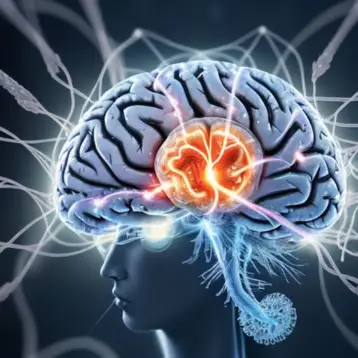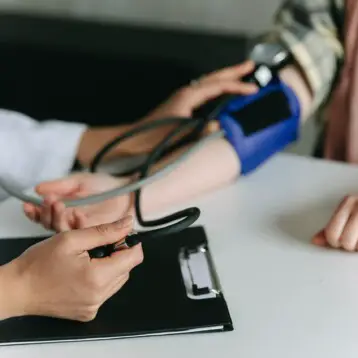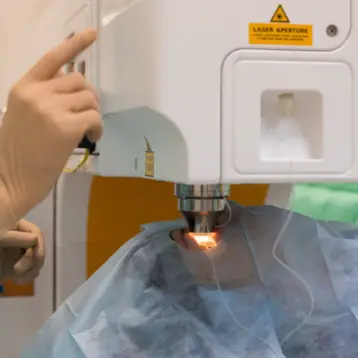According to Professor of medicine and cell biology in Yale School of Medicine Michael Simons: “We have identified an important new mechanism that regulates VEGFR2 transport in vascular cells. This opens new therapeutic opportunities for developing drugs that would either stimulate or inhibit blood vessel formation – important goals in cardiovascular and anti-cancer therapies, respectively.”
Growing New Arteries to Bypass Blocked Ones
Researchers from the Yale School of Medicine and University College London (UCL) discovered a molecular pathway that can lead to the formation of new arteries after heart attacks, strokes and other acute diseases which can bypass arteries that have been blocked.
Our arteries are formed when we are still in the womb. However scientists already know that arteries can also form in adults, for example in cases when an organ becomes deprived of oxygen (i.e. after a heart attack). –
As part of the creation of new arteries, the effected organ releases a molecular signal known as VEGF. Scientists from Yale and UCL discovered that in order for VEGF work properly and allow for the formation new arteries it must bind with two molecules known as VEGFR2 and NRP1 and work together.–
In order to test this hypothesis, the researchers examined mice that were did not have a particular part of the NRP1 molecule that transports VEGF and VEGFR2 to a signaling center inside blood vessel walls. They discovered that the new arterial branches in these mice did not developed properly and the mice could not efficiently repair blood vessel blockage through the formation of new arteries.–
More information on the research can be found on the Yale website.










